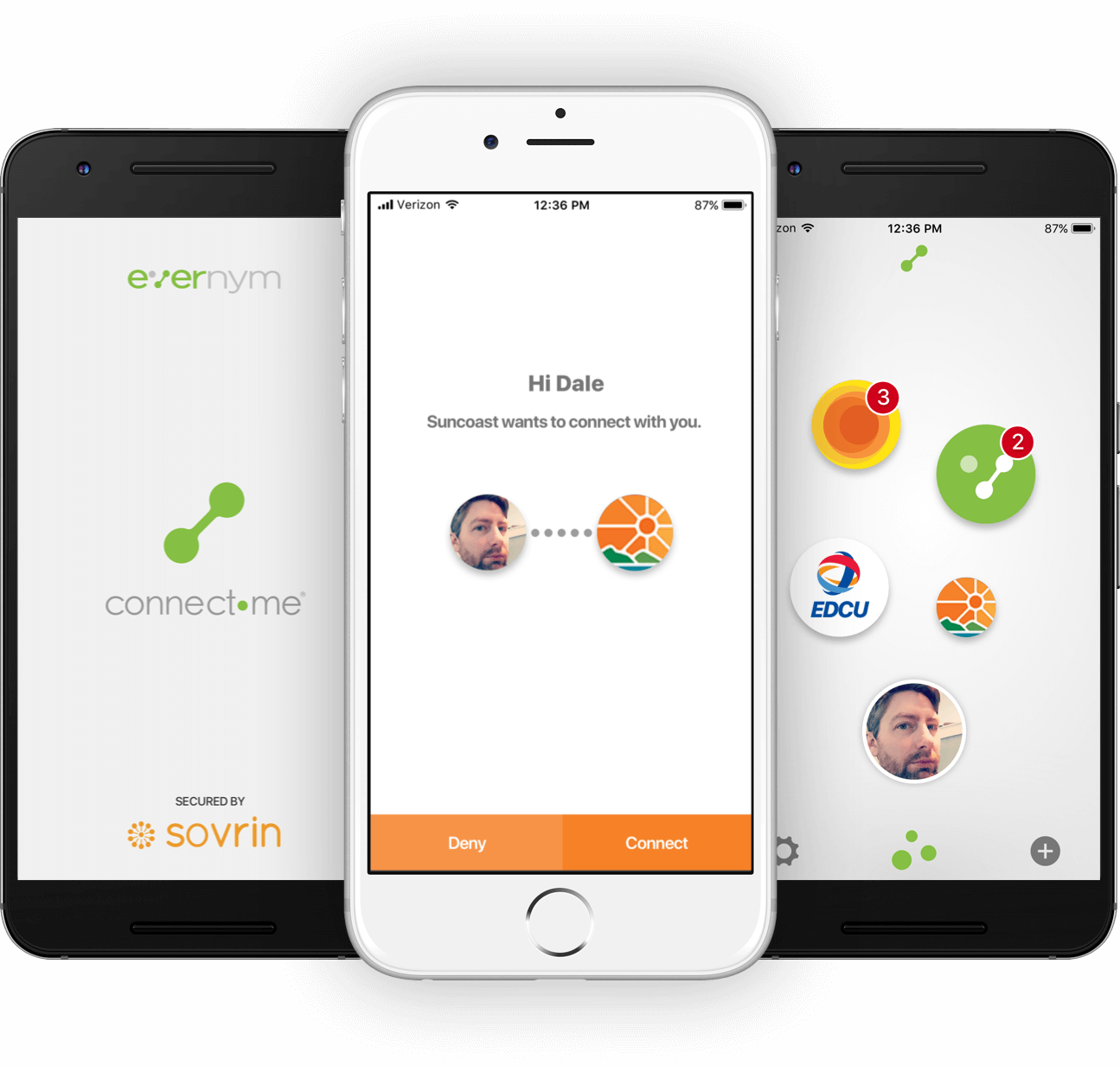 BLOCKCHAIN
BLOCKCHAIN
 BLOCKCHAIN
BLOCKCHAIN
 BLOCKCHAIN
BLOCKCHAIN
Digital credential and identity service company Evernym Inc. today announced the recipients of access to its first technology accelerator “Identity for Good” initiative that will provide its developer tools, infrastructure services, education and support.
The five recipients are The International Federation of the Red Cross, Decodes, biometric identity nonprofit iRespond, grassroots refugee empowerment group the Rohingya Project and human rights digital identity developer Tykn.
“Our ID for Good Initiative gives nongovernmental organizations that are on the front lines of some of the world’s most pressing demands for digital identity an opportunity to participate in a technological revolution at no cost,” said Timothy Ruff, chief executive of Evernym.
Evernym provides what the company calls self-sovereign identity solutions, which is a highly accessible personal credential service that cannot be tampered with or modified by anyone other than the recipient and their legally permitted guardians. For any system to be considered “self-sovereign,” the identity data must not only be private and controlled by the user, but it also cannot be revoked.
Self-sovereign identity is the concept that an individual, organization or “internet of things” node privately secures and controls its own identity data, often provided by trusted third parties, on their own trusted devices. When identity needs to be verified — for example, when opening a line of credit or interacting with a government entity — it becomes as simple as pulling out a phone or another device such as a smart card and verifying with self-controlled data.
To build this system, Evernym used distributed ledger blockchain technology to create a tamper-proof register of vital identity confirmations that could not be easily defrauded or counterfeit.
Most importantly, the Evernym blockchain does not store sensitive identity information itself. Instead, its purpose is to show that identity information has been verified and such private information is protected by cryptographic keys owned by the users themselves or through third-party identity services. This allows people to eschew passwords, accounts and other hordes of dangerous identity data stored on centralized servers that could be hacked, tampered with or leaked and sold.
The package Evernym is giving these organizations access to ordinarily costs $50,000 a year. Access to the accelerator initiative will provide the means for these humanitarian organizations to experiment with and realize their own self-sovereign identity networks to put the power of identity in the hands of people themselves.
“The humanitarian community exists in a bubble, so access to an existing community of experts and new technologies to help us better serve communities in crisis is an amazing opportunity,” said Nathan Cooper, a senior adviser at Red Cross.
The Red Cross is the largest distributor of humanitarian aid in the world and gave out nearly $1 billion during 2017. The needs of millions of constituents led the organization to seek a solution for building easy-to-access digital identity.
“We hit the realization that we can no longer do this with a spreadsheet and beneficiary ID cards,” said Caroline Holt, head of global cash distribution at Red Cross. “We need something more sustainable, something people can establish, create, hold and access their identities. It brings dignity, choice and economic stimulus to the local markets where humanitarian aid is needed.”
According to the World Bank, more than a billion people around the world are estimated to be without formal identity. That makes them particularly vulnerable because without identity or access to governmental or social services, it’s difficult for them to assert their rights, receive benefits or engage in the most basic functions of governance.
Evernym hopes to use the Identity for Good accelerator initiative to bring blockchain-based identity services — which are cheap, easy and cryptographically private and secure — to humanitarian organizations. These organizations are best situated to bring identity to at-risk and vulnerable populations in a way that can be used for the good of the people receiving services.
“We see self-sovereign identity as a pivotal new technology that can help us better address humanitarian needs,” said Cooper.
Support our mission to keep content open and free by engaging with theCUBE community. Join theCUBE’s Alumni Trust Network, where technology leaders connect, share intelligence and create opportunities.
Founded by tech visionaries John Furrier and Dave Vellante, SiliconANGLE Media has built a dynamic ecosystem of industry-leading digital media brands that reach 15+ million elite tech professionals. Our new proprietary theCUBE AI Video Cloud is breaking ground in audience interaction, leveraging theCUBEai.com neural network to help technology companies make data-driven decisions and stay at the forefront of industry conversations.